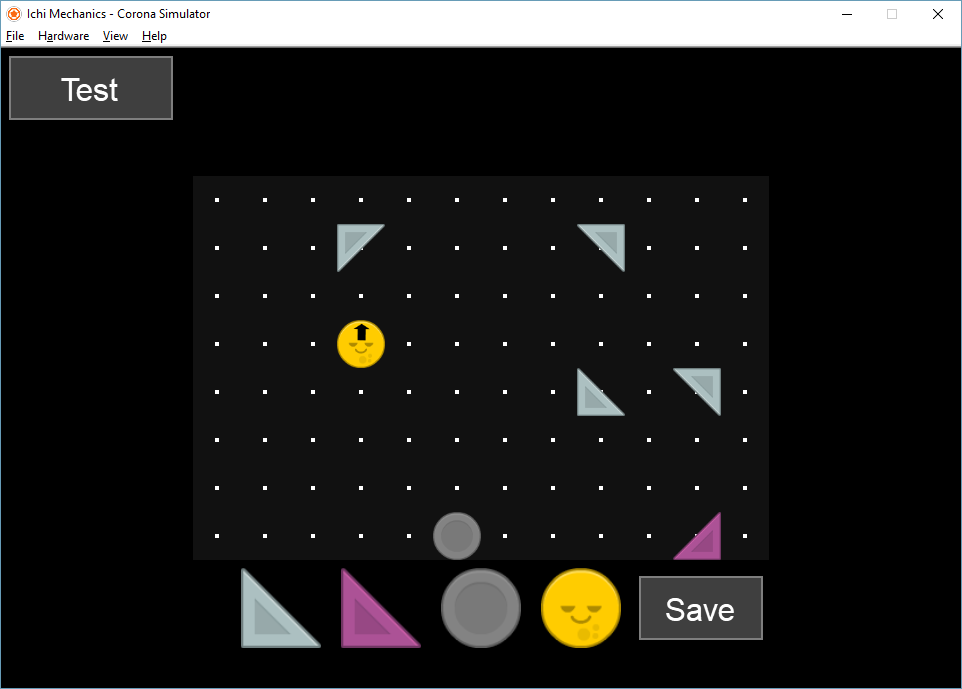I’m using the save/load method for JSON detailed here https://docs.coronalabs.com/tutorial/data/jsonSaveLoad/index.html which is working great although due to [topic=‘72318’]another problem[/topic] I want to save the game objects. However, when I save to JSON format, upon reload a print of one of the objects reports <type ‘function’ is not supported by JSON.> and more importantly _proxy <type ‘userdata’ is not supported by JSON.>.
Is it possible to save in a similar way to this method but to a lua file or is there another way to solve this…or even the other problem?


